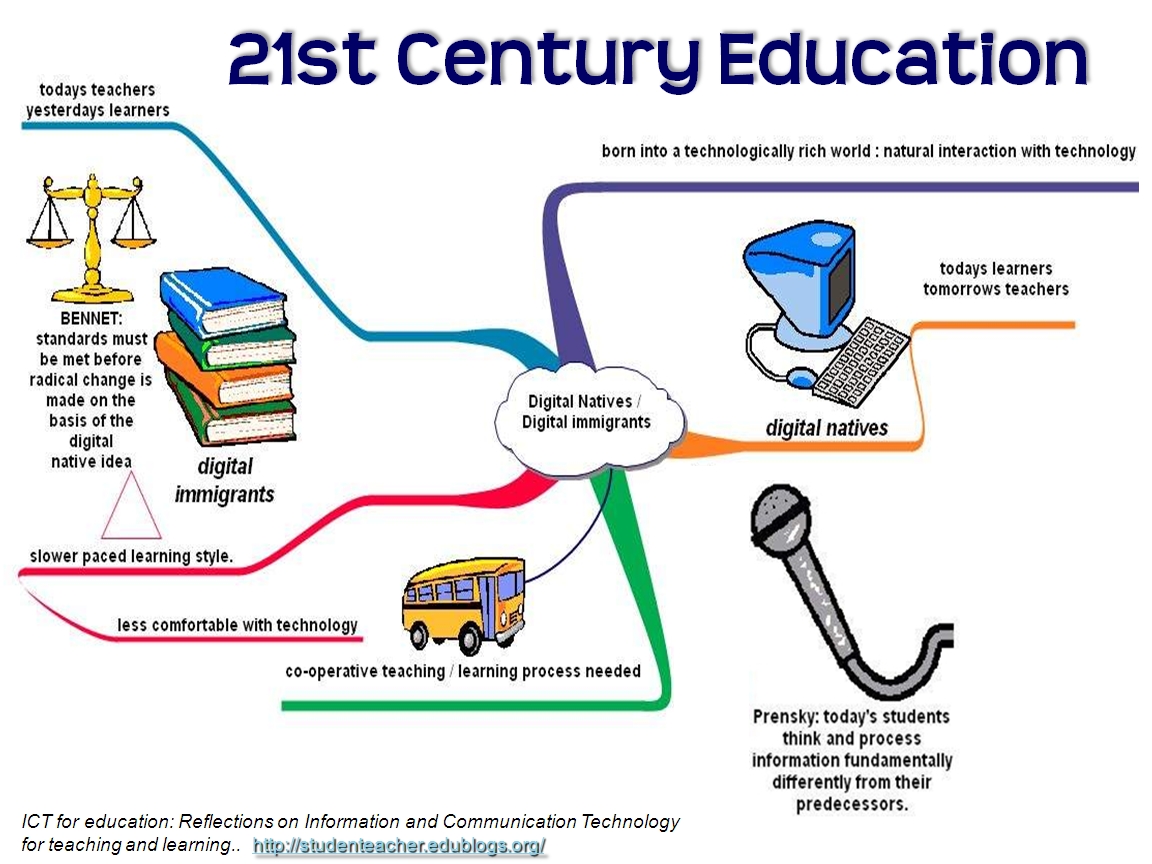At
present it has become imperative that children are provided character
education in schools throughout the world. It is clear that in many countries
youths are turning hostile due to various reasons like depression, frustration,
fear of failure, personal insecurities and other related problems. As they are
unable to cope with youth-related stress, most of these students are turning to
violence to for a solution.
 |
| Source: bit.ly/1i5prKU |
Most schools now have students from different backgrounds and cultures
and thus each have a different mindset. Thus it is becoming increasingly
important that we teach them about basic human values. Teachers should become
proactive and teach their students how to cope with their problems and achieve
success. We need to take the onus to deliver the right messages and instill
values in them so that they can grow to be respectable citizens and contribute
to the national development.
As
students spend most of their time in schools, it is undoubtedly one of the main
socialising agents for children. In this modern age, family values have been
reducing due to various financial and social pressures on parents. Teachers
tend have almost equivalent importance as parents in the lives as children. The
knowledge teachers provide to their children enables them to become successful
in life. Hence the role of teachers in shaping the future of a child is highly significant.
Many
experts argue that schools focus on individual and human rights that might
prove to be disadvantageous for traditional social norms. The teaching offered
by the educational institutes tends to reject the unsaid behavioural codes laid
down by society. As a result numerous students with advanced academic degrees
and qualifications do not possess the resources to cohabit in a conventional society.
As students fail to follow the social rules and regulations and behave in
whichever way they feel, it leads to violent outbursts at many occasions.
It
is highly unfortunate that we rarely encourage our students to understand
necessary values and virtues and instead focus more on English, maths, science,
religious studies and others as these subjects are essential for acquiring
success in life. In countries like Nigeria, schools fail to make the students
understand the importance of their character formation and moral and individual
identity. Rather the present education system is motivating the students to
trust in themselves, even though they lack the basic values.
Although
schools are expected to teach students the values of morals and social virtues
for their personal development but they are currently doing just the opposite. Most graduates lack the motivation to read as much as
they are supposed to and hence these students fail to mature as respectable
citizens with high moral standards and good character. Thus it becomes
imperative that the authorities take steps to incorporate ethics and character
education in academic programmes in Nigeria.
Teachers
need to be more focussed about the character development of students as the
country is facing serious disorderliness from its youth. We must realise that
imbibing values is much different from simply educating students about
different subjects. It is only by teaching them about human values we can
provide the foundations for developing character to our students.
The
education system should stress on teaching values first and then educating the
students about science, maths and English in order to mould the young students
in a better way. Schools also need to encourage the parents and family members
of the students to help improve ethics and character education. If the students
have a supportive environment at home, then it will help the teachers to have a
better impact on the young students.
Education is important for every child as it
helps them to progress in life and expand their knowledge. It is also important
to help them grow into well-behaved and promising adults who would pave the way
for social development. We can achieve this only by integrating character
education in our schools.




